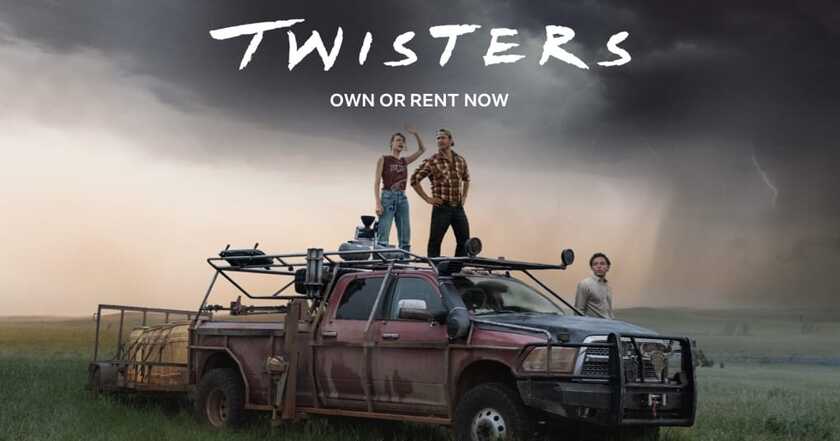Right now Hollywood seems to be predominantly offering up two kinds of movies. There are the movies I call “content,” which are instantly forgettable and most people will never watch twice. These glitzy movies check all the diversity boxes and have a factory made quality that provides all the heart, soul, and satisfaction of a McDonald’s double cheeseburger. And I’m at a point in my life that all I get after consuming one is the same regret I’d feel after eating assembly line food.
Avoid
The other type of movie we get is the reinterpretation of the established familiar, usually with a hefty dose of revisionism to appeal to some vocal minority. It may wear the skin of a sequel, remake, or addition to a shared universe, but ultimately it’s all the same. Too often ignorant screenwriters and directors use these movies as opportunities to tell fans why they were wrong to like what they liked about the original and preach a new set of virtues that run counter to the human experience.
Also avoid
Last weekend I had the opportunity to see Twisters, and I was curious to see which kind of movie it would be. The fact that it didn’t go straight to Peacock or another streamer was a good sign that it wouldn’t fall into the first category. Heck, the two leads are attractive white people, which shouldn’t be noteworthy, but it is. However, given the climate alarmism that’s infected just about genre film, it seemed like a shoe-in that Twisters would take a stance. In fact, when it was first announced everyone assumed that a weather-themed film would be nothing but a long lecture on how humans, with their cars and cows, are to blame.
Mother Earth is angry.
To everyone’s surprise, except for a passing remark early on about increasingly erratic weather, Twisters doesn’t go there, and the planet isn’t personified. Our main characters are scientists, and not in the self-righteous, Neil deGrasse Tyson way. No, they’re enthusiastic, inquisitive, and hopeful. Kate (Daisy Edgar-Jones) has a wound, Tyler (Glen Powell) needs to learn humility, and Javi (Anthony Ramos) has made mistakes, but no one is perfect.
Let me say that again: NO ONE IS PERFECT!
On the one hand, I want to commend Twisters for its understated approach. The assumption of the changing climate is put out there, and then they move onto the story. There’s subtle patriotism and respect given to small-town America, but we’re never hit over the head with it. But on the other hand, “understated” is sometimes just another way of saying “played it too safe.” This is most glaring in the resolution of the love story, or lack thereof. Kate and Tyler are clearly attracted to each other and have good chemistry. But the movie stops just short of a classic, Hollywood kiss.
Disaster movies should never play it safe.
Ultimately, I think Twisters is a step in the right direction. It’s a cautious, hesitant step back into making movies that are just entertainment. We’re not back to the 90s yet, when Twister could be unapologetically fun, romantic, and absurd. And we’re certainly not back to the 50s when a movie could affirm heartland virtues without pandering. But Twisters shows us a beautiful section of America that’s been neglected for far too long, with decent people doing their best to enjoy life.
And the country music soundtrack is really good.
By now you should know my metric for a good movie is beautiful people in exotic places doing exciting things. Twisters checks all the boxes. Yes, Oklahoma can exotic! I like the movie. I like it quite a bit. No, it’s far from perfect. But if it’s a success maybe we’re one step closer to making movies fun again.

























